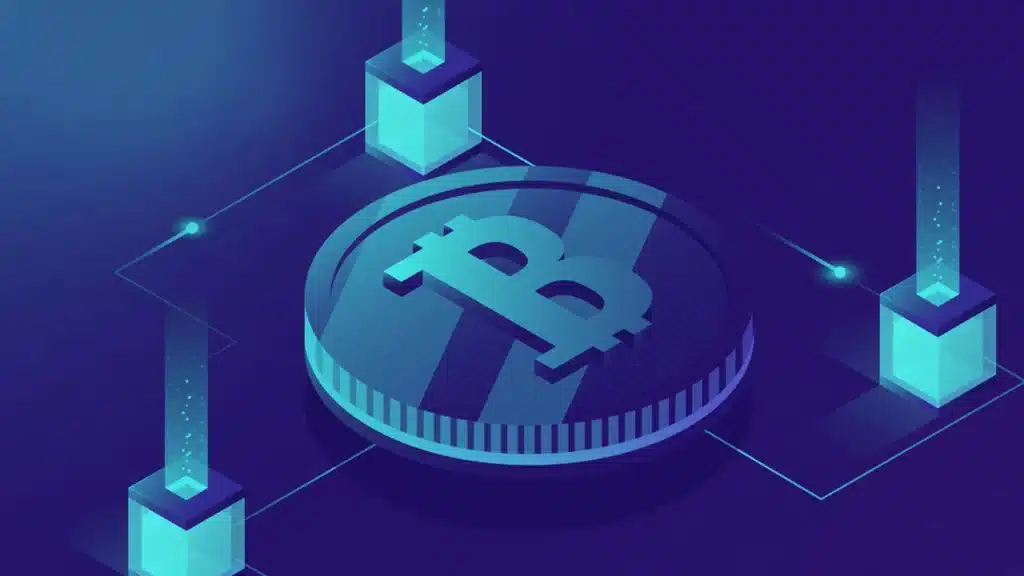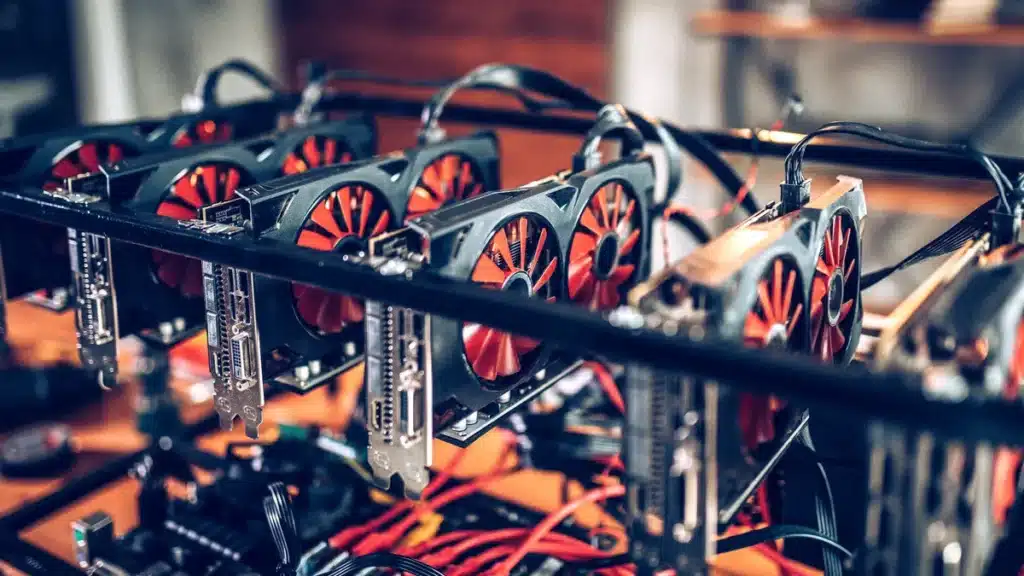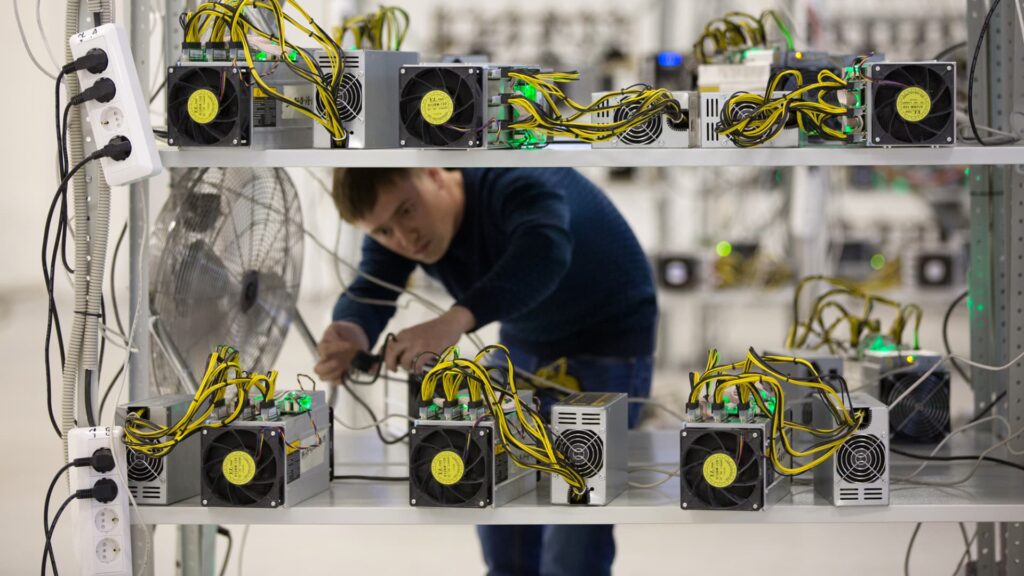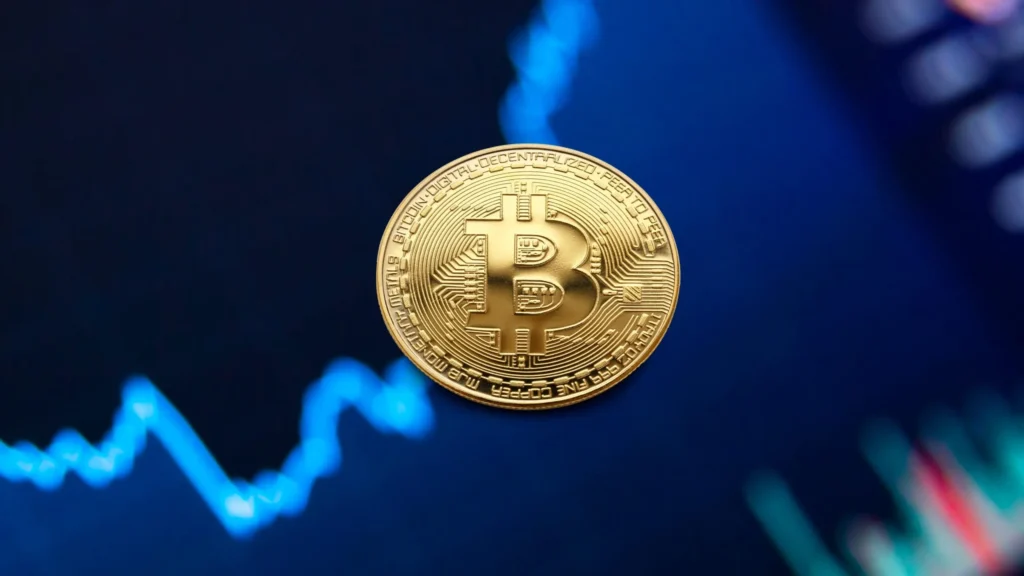In the world of cryptocurrencies, Bitcoin holds a prominent position, and behind its decentralized nature lies a fascinating process known as Bitcoin mining. If you’ve ever wondered how bitcoin mining works and is there are any costs associated with Bitcoin mining, you’re at the right place.
In this article, we’ll delve into the world of Bitcoin mining, exploring the intricacies of the process and uncovering the costs associated with this profitable endeavor. So, let’s begin with learning what it is.
Bitcoin mining is the process of validating and adding new transactions to the Bitcoin blockchain. Miners, equipped with powerful computing hardware, compete to solve complex mathematical puzzles to secure the network and earn new Bitcoins as a reward. This process ensures the integrity and security of the Bitcoin network while enabling the creation of new Bitcoins.
Contents
How Bitcoin Mining Works?
Here’s a detailed explanation of how Bitcoin mining works.
Blockchain Verification: The Bitcoin blockchain serves as a public ledger that records all transactions ever made on the network. Miners verify and validate these transactions by bundling them into blocks and solving complex mathematical puzzles. Each block contains a reference to the previous block, forming a chain of interconnected blocks, hence the term “blockchain.”
Proof-of-Work (PoW): Bitcoin mining utilizes a consensus mechanism called Proof-of-Work. Miners compete to find a specific cryptographic hash, known as the “hash target,” that matches certain criteria. This process requires extensive computational power and electricity consumption. The miner who successfully solves the puzzle first gets the opportunity to add the verified block to the blockchain and is rewarded with a predetermined amount of newly minted Bitcoins.
Difficulty Adjustment: To maintain a consistent block creation rate, the Bitcoin network adjusts the difficulty of the puzzles to be solved based on the total computing power of the network. As more miners join the network, the difficulty increases, ensuring that new blocks are added approximately every 10 minutes.
Costs Associated with Bitcoin Mining?
Well, we figured out the how; now it’s time to know how deep your wallet needs to be.
Hardware Investment: Bitcoin mining requires specialized hardware called ASICs (Application-Specific Integrated Circuits) designed to perform the necessary calculations efficiently. ASICs are expensive and require a significant upfront investment. Miners must carefully consider the cost of purchasing and maintaining mining equipment to ensure profitability.
Electricity Consumption: The computational power required for Bitcoin mining consumes a substantial amount of electricity. Miners need to account for the ongoing costs of electricity, which can vary depending on factors such as location and energy prices. Energy-efficient mining operations and access to affordable electricity are critical for maximizing profitability.
Cooling and Infrastructure: Mining hardware generates a considerable amount of heat, requiring adequate cooling systems to prevent overheating and ensure optimal performance. Miners also need to consider the costs of setting up a suitable infrastructure, including space, ventilation, and cooling solutions, to maintain their mining operations efficiently.
Maintenance and Upkeep: Mining hardware requires regular maintenance and upgrades to keep up with the evolving mining landscape. Miners must factor in the costs associated with repairs, replacements, and staying up-to-date with the latest technological advancements to remain competitive.
Mining Pool Fees: Many miners join mining pools, which are collective groups that combine their computational power to increase their chances of earning rewards. Mining pools charge fees, usually a percentage of the earned Bitcoins, for their services. Miners should consider these fees when calculating their overall mining costs.
Conclusion
Mining your Bitcoins is a fundamental process that underpins the security and functionality of the Bitcoin network. By validating transactions and solving complex mathematical puzzles, miners contribute to the integrity of the blockchain while earning rewards in the form of newly minted Bitcoins.
However, it’s crucial to understand the costs associated with Bitcoin mining, including hardware investments, electricity consumption, cooling and infrastructure, maintenance, and mining pool fees.




